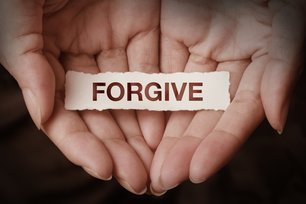
When the teenager arrived, I was taken aback at how scared and frightened he was. He looked like a deer in headlights, and was obviously terrified about his situation and his surroundings. My wife and I felt so very sad for him, and tried to comfort him as best as we could. Yet, perhaps the saddest thing about his situation was how he came into care. His mother had abandoned him under a highway overpass outside of a very busy Atlanta, Georgia. Apparently, his mother had pulled the car over to the side of the road, asked him to get out and get something out of the car’s trunk, and then sped off, leaving him alone. When he arrived at our house the next evening, he was nervous, afraid, embarrassed, heartbroken, and anxious. He said very little to us, except to note that his birthday was the next morning. As Kelly and I lay in our bed late that evening, we could hear him cry himself to sleep.
I felt anger towards his mother; outraged that she could abandon her own son on a busy highway; outraged that she did so just before his birthday. My stomach churned with anger, and the emotion clouded my outlook on everything else. It took my wife to remind me that I was not here to judge others, and that the mother had probably suffered from some sort of trauma in her own life. After some time in thought and prayer, I was able to forgive her, which helped me, as well.
Join the thousands who receive Dr. John's FREE Foster Care Newsletter. Sign up below!
Love and forgiveness are two actions that are intertwined, and cannot be separated. If we truly are to love these children who come into our homes, then we need to forgive their family, as well. Without forgiveness, there is no love. When I was angry towards our foster teen’s mother, I was in no way sharing love. Instead, my stomach was in knots, and I was one tense parent. I was shackled by my own inability to forgive someone, a prisoner to a debilitating emotion. Yet, when I did forgive her, it felt like a weight was taken off my own shoulders. One of the amazing things about the act of forgiving others is that it allows us better use our energies, and our words, towards something that is more constructive, more positive. To be sure, our words have power, and our children need to us to use these words in positive and healing ways. Forgiveness frees us from the forces of stress, hate, and evil. When we forgive the actions of our foster child’s birth parents, not only are we showing love to them, and empowering ourselves, we are also honoring our foster children. Remember, these children, despite the many forms of abuse they have been subjected to, still love their mommies and their daddies.
As a foster parent, it is important to remember that our foster child’s biological parents are people in need, and they deserve our kindness and sympathy, not our anger. By working with them, and by showing them kindness and compassion, you will not only help them, you will teach your foster child an important lesson in love and humanity, and help them in their own path in life.
-Dr. John
For much more, get your signed copy of the book that is changing foster care-Faith and Foster Care.
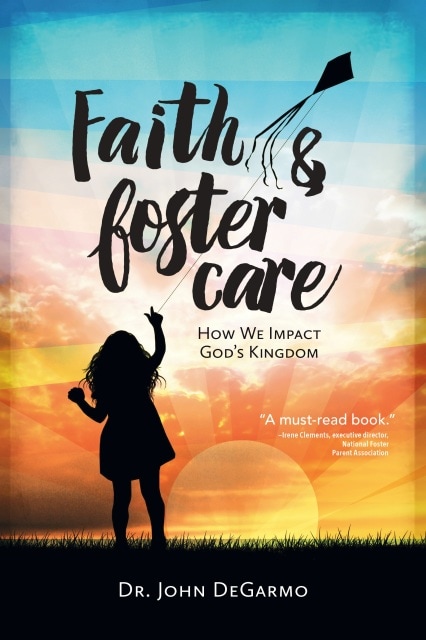

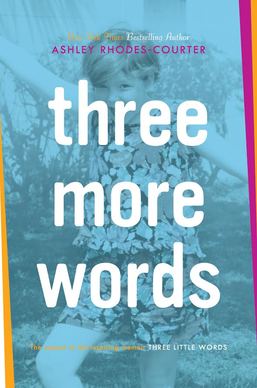
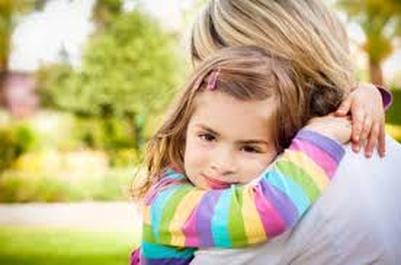
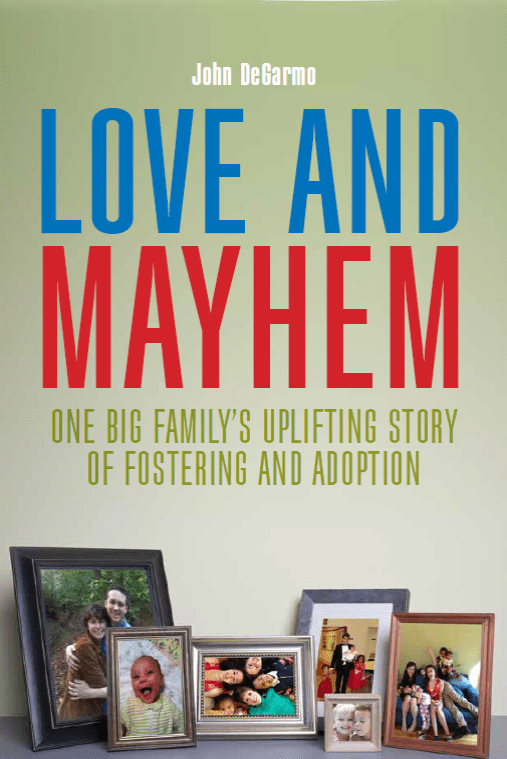


 RSS Feed
RSS Feed